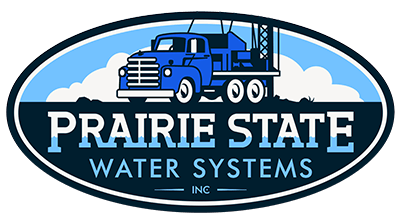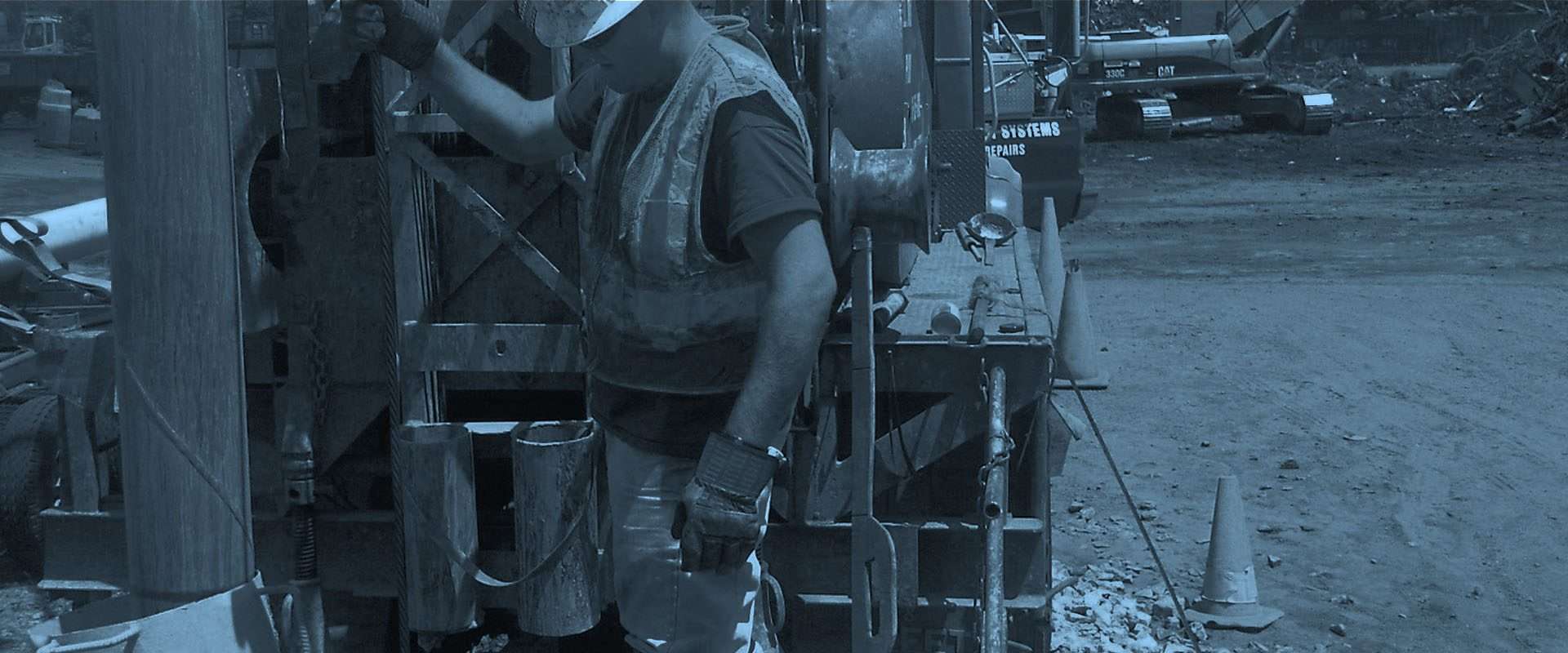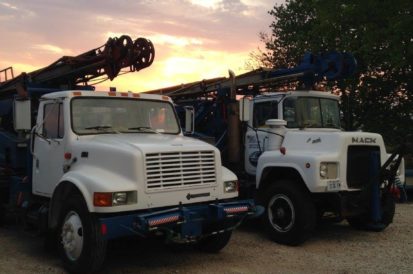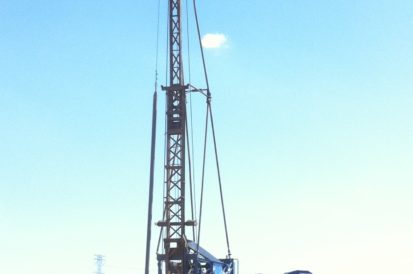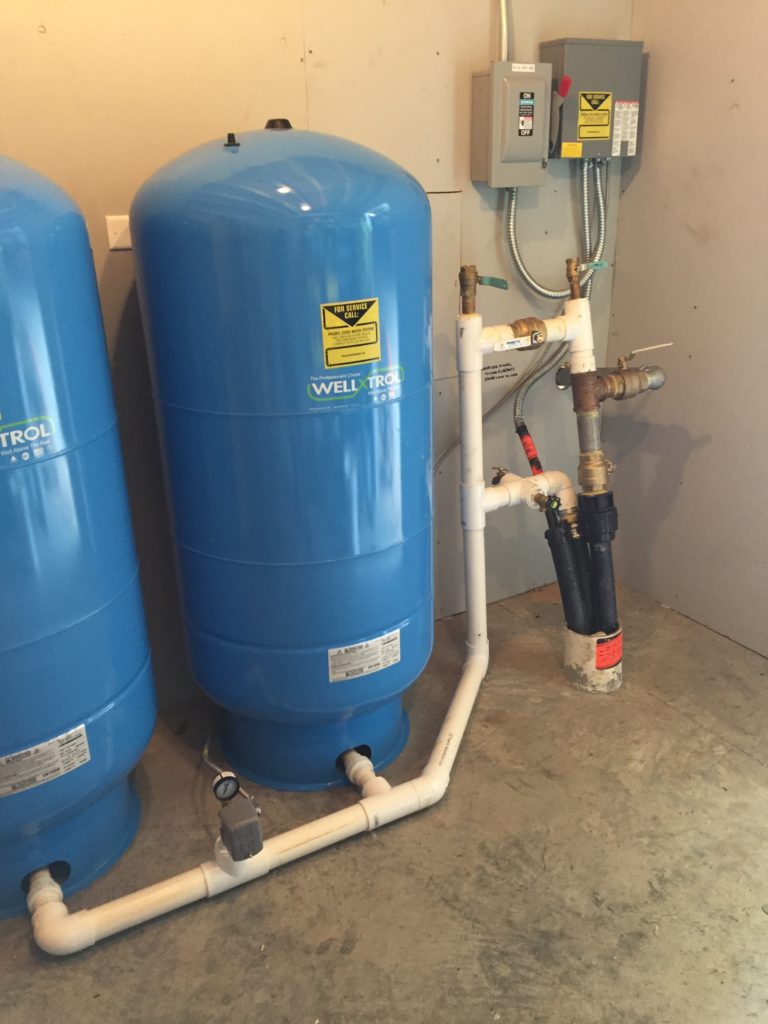Need a reliable water source on your property? Our team drills wells that are built to last, providing clean, dependable water for your home, farm, or business across Illinois.
Why Choose a Licensed Illinois Well Drilling Contractor?
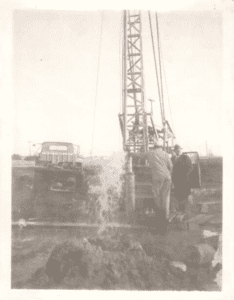
Prairie State Water Systems Inc. has been a trusted provider of residential and domestic well drilling services in Illinois for over 50 years. proudly serving the collar counties of Chicago. Our team uses only high-quality, reliable products to deliver top-tier water well drilling solutions for both shallow and deep well applications.
We employ a variety of professional drilling methods to ensure your water well meets your household’s specific needs. Whether you’re in need of a new well installation or replacing an existing system, we provide efficient, dependable service every step of the way.
Prairie State Water Systems Inc. holds three Illinois state licenses and is a nationally certified non-community public water supply operator. We are proud members of the Illinois Association of Ground Water Professionals, the Water Quality Association, and the International Union of Operating Engineers Local 150, demonstrating our commitment to industry standards and customer satisfaction.
Ready to work with an Illinois Licensed Well Drilling Contractor? Call our experts today for a free quote: 630-365-4242 (North Office) or 815-357-8300 (South Office)
